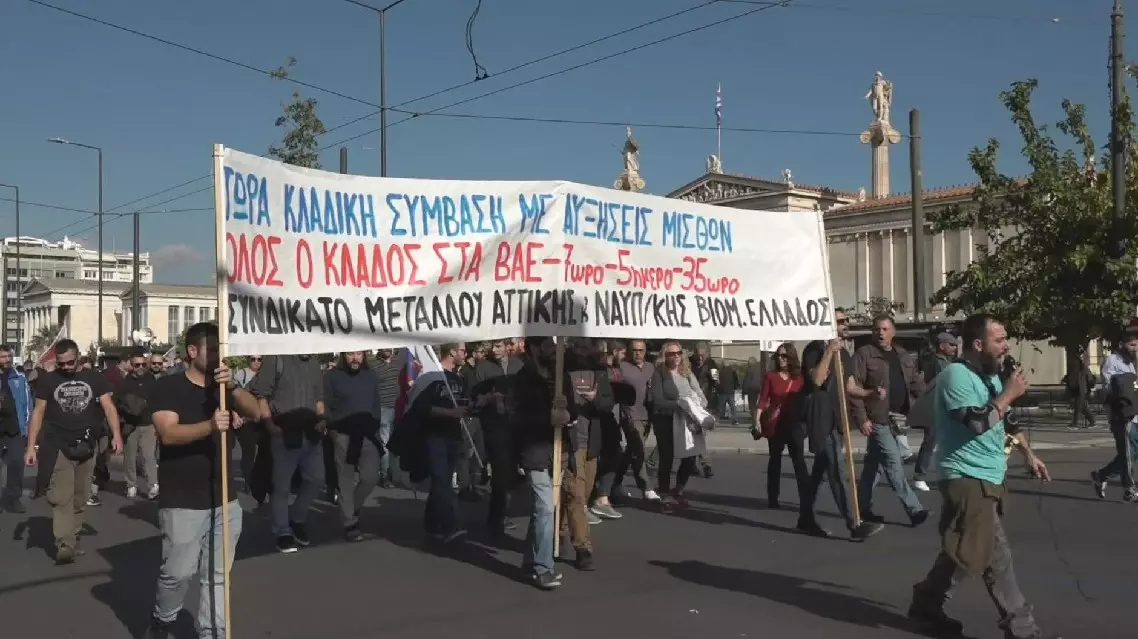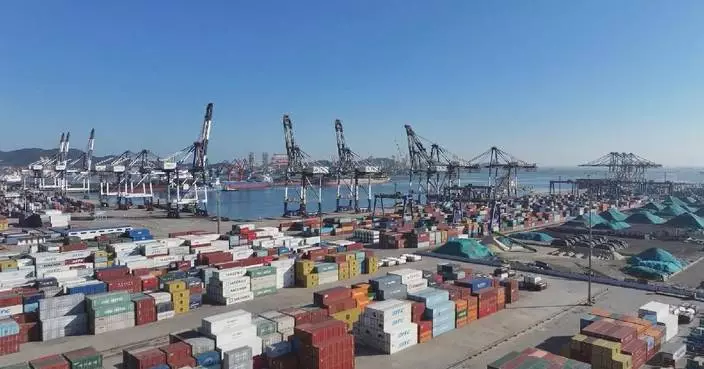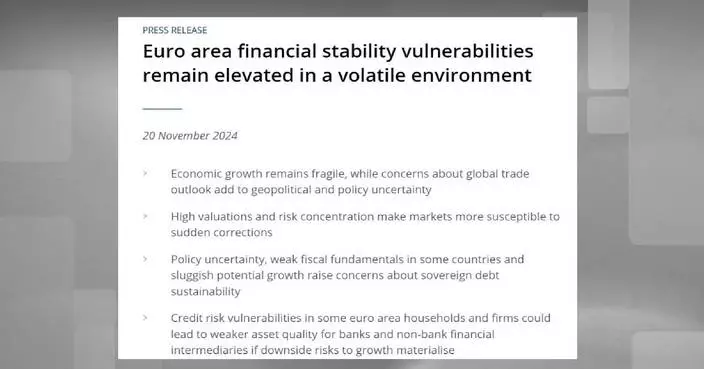Greece came to a halt on Wednesday as thousands of public and private sector workers staged a nationwide strike to denounce soaring living expenses.
Greek public sector workers staged a one-day strike to demand higher wages and increased government spending to combat soaring inflation. Workers, including teachers, firefighters, government workers, and transport staff walked off their jobs to protest the lack of job security and low wages.
Protesters say the low wages are putting a strain on their already stretched wallets.
"A newly appointed teacher earns 770 euros, and with the current property prices, the cost for empty rental properties is 550 euros. How does the government expect us to live on 200 euros. They need to find a solution now," said one of protesters.
"Our primary demand is for salary increases and the signing of collective labor agreements. We also call for the abolition of precarious employment relationships, such as the freelance contract system," said another protester.
The same message echoed in the voices of the hundreds of seasonal firefighters.
"The climate crisis in Greece, as well as in Europe and around the world, is something that concerns all citizens. Therefore, we do not believe that seasonal workers and the climate crisis are two things that go hand in hand. We want a full-time contract and to work through the year, because after the wildfires, floods follow," said Akis Bardakis, a seasonal firefighter who also took part in the protest.
The nationwide strike was called by unions including ADEDY, the umbrella union of Greek civil servants, and the General Confederation of Greek Workers (GSEE).
It has caused significant disruption, particularly in transport and public services. The collective action reflects increased frustration among workers, who say the government must urgently address their concerns.
Moreover, pro-Palestinian groups also joined the protesters to demand the end of Greece's support to Israel.
"We are advocating to stop excessive armament and military spending, which the country allocates to everywhere and Israel, so that the state can strengthen our salaries, hospitals, schools, and municipal social services and to end the suffering of Palestinians," and Grigoris Demestikas, a public sector worker and also a pro-Palestinian protester.
Prime Minister Kyriakos Mitsotakis' government introduced labor reforms earlier this year, aiming at boosting competitiveness, modernizing the jobs market, and aligning with EU standards.
It says those changes will lead to higher employment. But the opposition argues that they will create more insecurity and weaken work-place protections.
Unions warn that if the government does not address their concerns, more protests will follow.

Greek workers down tools in protest against soaring living costs









